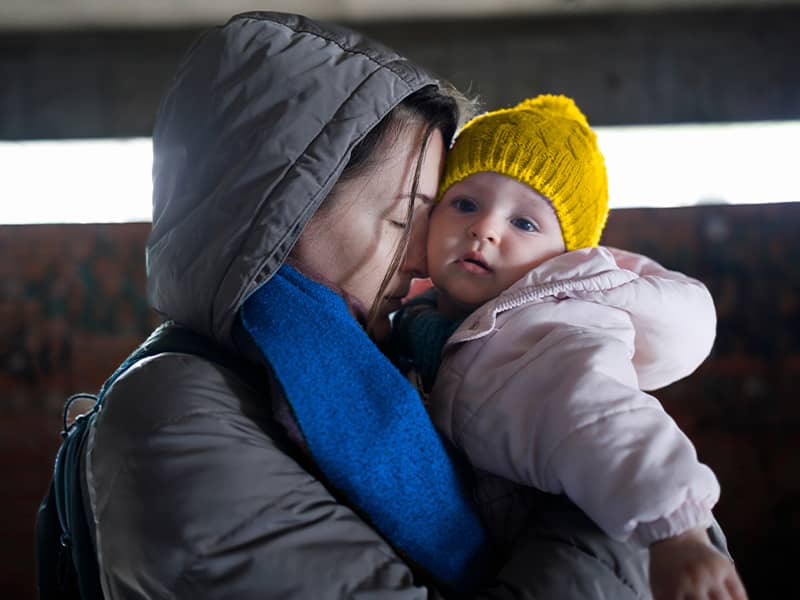"Pay, pray and obey" - so goes the old one-liner on the Roman Catholic laity's role in their church. But the U.S. bishops' proposed plan to wipe out clergy sex abuse offers a chance for change.
The text the hierarchy will consider next week in Dallas says the abuse crisis has made bishops especially concerned about "effective consultation of the laity and the participation of God's people in decision-making that affects their well-being."
Moreover, the bishops are relying on lay Catholics to help enhance their credibility.
Under the proposal, lay members not employed by the church would hold the majority of spots on review boards each diocese would establish to advise the local bishop on abuse policies and problem priests. Parents would also be part of the national review board to monitor bishops' performance.
The text further specifies that if a priest guilty in a single past abuse case is given a ministerial assignment, parishioners will now be notified.
The document's "move toward transparency, accountability and lay involvement is remarkable," says the Rev. Thomas Reese of the Jesuit magazine America. Some lay Catholics are anxious to take a greater role in church affairs.
It's time to end "couch potato Catholicism," says Peggie Thorp, newsletter editor for the Voice of the Faithful, a national lay movement that began in the Boston Archdiocese this year when the scandals hit.
Thorp says the group originated "when we understood how many children were hurt, and about the cover-up ... We are complicit in this," because lay churchgoers were far too complacent.
With 15,000 followers in many dioceses enlisted via a Web site and 500 new ones added each week, Voice will hold its first national meeting next month. "The cardinals have had their say in Rome. The bishops will have their say in Dallas. July 20 in Boston will be the laity's time," Thorp says.
Catholic consultative bodies appeared after the worldwide Second Vatican Council (1962-65) emphasized the importance of the laity. But there's considerably less interest in church administration among lay Catholics than there was 25 years ago, says layman Russell Shaw, former spokesman for the U.S. bishops' conference.
"The picture nationwide is very, very spotty. A lot of the steam has gone out of the movement," he says.
Some parish councils were originally chosen through parish-wide elections, but when interest flagged, local priests simply picked the members, Shaw says. And diocesan councils are rarely active on important decisions, he notes.
Deal Hudson, lay editor of Crisis magazine, thinks bishops should concentrate on doctrine, education and worship, and welcome lay advice on professional and administrative matters. In the scandals "we are constantly plagued with management mistakes, P.R. mistakes and financial and legal mistakes," he says. Thorp and Shaw think lay members should know which men are being considered for assignment as bishops and parish priests.
Shaw argued in his book "To Hunt, To Shoot, To Entertain" that Catholics are too deferential to their clergy. To root out scandals and corruption in the priesthood, he says, Catholics must stop treating clergy "as a special caste or clique in isolation from and superior to the laity."

